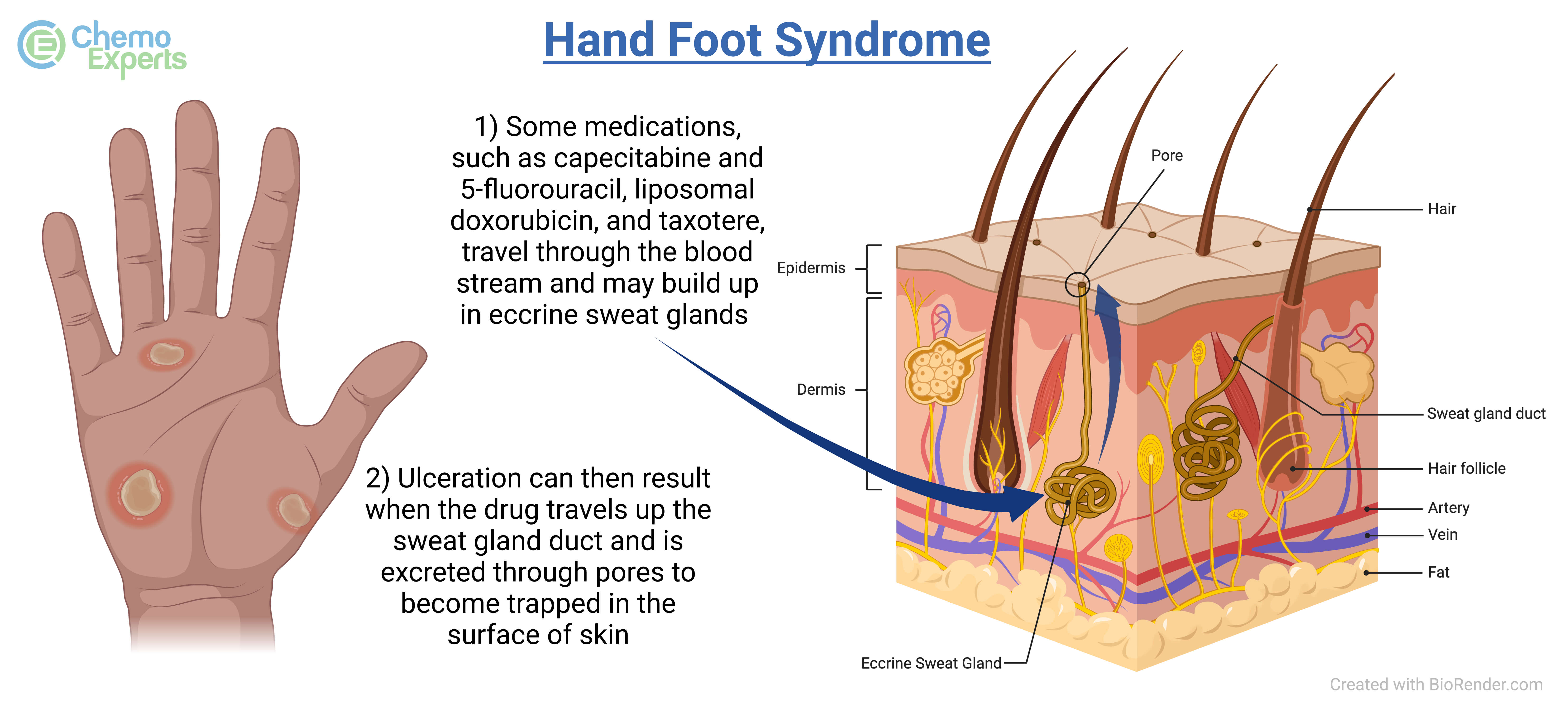Dermatology Tips and Treatments for Hyperhydrosis of Hands: Cutting-edge Solutions
Dermatology Tips and Treatments for Hyperhydrosis of Hands: Cutting-edge Solutions
Blog Article
Understanding the Origin of Excessive Sweating and Its Influence On Every Day Life
Excessive sweating, likewise understood as hyperhidrosis, is a condition that influences a considerable section of the population, yet its underlying reasons and implications on everyday operating remain rather enigmatic. While it is commonly understood as a physical feedback to manage body temperature level, the triggers for extreme sweating can differ widely amongst people, encompassing not just physical variables however emotional and also emotional aspects. The influence of this condition extends past mere discomfort, typically influencing social interactions and general top quality of life. By diving into the origin of hyperhidrosis and exploring its multifaceted impacts, a deeper understanding of this pervasive problem can be gained, clarifying the intricacies that people coming to grips with excessive sweating browse on a day-to-day basis.
Physiology of Sweat Glands
The law of sweat production, a critical physical process, is mostly controlled by the activity of gland distributed throughout the body. Sweat glands are classified into 2 major types: eccrine and apocrine glands. Eccrine glands are one of the most many and are located in nearly all locations of the body. They play an important function in thermoregulation by producing a watery fluid onto the skin's surface area, which vaporizes and helps cool down the body down. In contrast, apocrine glands are concentrated in areas rich in hair follicles, such as the armpits and groin, and their secretions are thicker and milklike in look.
When the body temperature level climbs, either because of exercise, high temperatures, or psychological anxiety, the nerves causes the sweat glands to generate sweat. This sweat is composed primarily of water and electrolytes like sodium and chloride. The process of sweat manufacturing is vital for preserving the body's inner temperature within a slim, optimum variety, highlighting the critical role gland play in human physiology.
Triggers for Excessive Sweating
In comprehending the origin causes of too much sweating, it is essential to recognize the triggers that can lead to this physical reaction. Physical effort, high temperature levels, and spicy foods are additionally recognized to activate excessive sweating in people susceptible to this condition.
Moreover, medications such as some antidepressants, opioids, and particular supplements can likewise serve as triggers for hyperhidrosis. Comprehending these triggers is important in managing extreme sweating efficiently - Exessive Sweating. By determining and dealing with the certain triggers that prompt too much sweating in a private, doctor can create tailored therapy strategies to alleviate this problem and enhance the person's top quality of life
Medical Conditions Associated
Connected with excessive sweating are various medical problems that can exacerbate this physiological feedback. One common problem is hyperhidrosis, a condition defined by extraordinarily increased sweating that exceeds the body's thermoregulatory requirements. This can show up in focal locations like the palms, soles, underarms, or face, influencing an individual's lifestyle because of social shame and pain.
Furthermore, endocrine problems such as hyperthyroidism, diabetic issues, and menopausal warm flashes can additionally lead to too much sweating. Hyperthyroidism triggers an overflow of thyroid hormonal agents, accelerating metabolic rate and setting off sweating.
Additionally, infections like tuberculosis, HIV, and endocarditis have actually been related to night sweats, an usual signs and symptom understood to disrupt sleep and influence overall wellness. These clinical problems highlight the diverse variety of underlying factors that can contribute to excessive sweating, demanding comprehensive examination and administration by health care specialists.
Mental and emotional Elements

Effect On Social Interactions
Extreme sweating can have profound impacts on a person's capacity to involve comfortably in social interactions. The noticeable indications of sweat stains or wet spots on garments can bring about embarrassment and self-consciousness, causing individuals to take out from social situations. This withdrawal can impact partnerships, limit social tasks, and prevent individual and specialist growth.

Moreover, the anxiety and self-confidence issues originating from too much sweating can impact interaction and interpersonal skills. People may struggle to concentrate on conversations, join group activities, or reveal themselves with confidence. This can result in sensations of seclusion and loneliness, as social connections become testing to preserve.
Conclusion

While it is generally comprehended as a physiological response to Sweaty hands treatment manage body temperature level, the triggers for extreme sweating can vary commonly amongst individuals, including not only physical factors but psychological and additionally emotional aspects. By diving right into the root creates of hyperhidrosis and discovering its complex impacts, a deeper understanding of this prevalent problem can be gotten, dropping light on the intricacies that people grappling with extreme sweating navigate on a day-to-day basis.
Physical exertion, high temperature levels, and spicy foods are also recognized to set off extreme sweating in individuals susceptible to this condition. By determining and addressing the particular triggers that trigger too much sweating in a specific, health care carriers can establish individualized treatment plans to relieve this problem and improve the individual's quality of life.
Extreme sweating can have profound effects on a person's capability to involve conveniently in social interactions.
Report this page